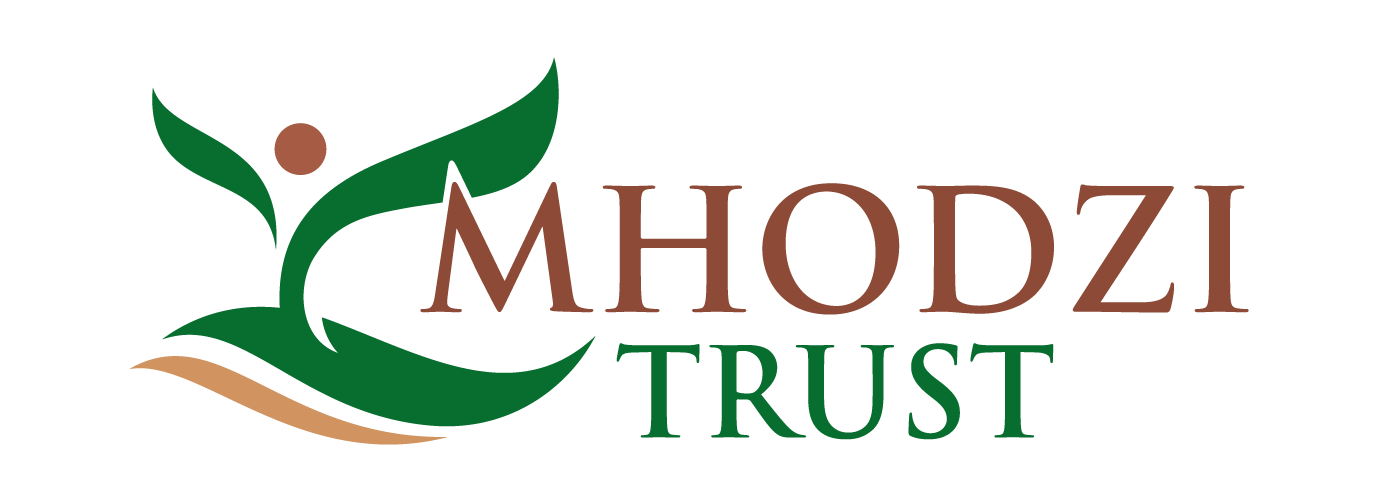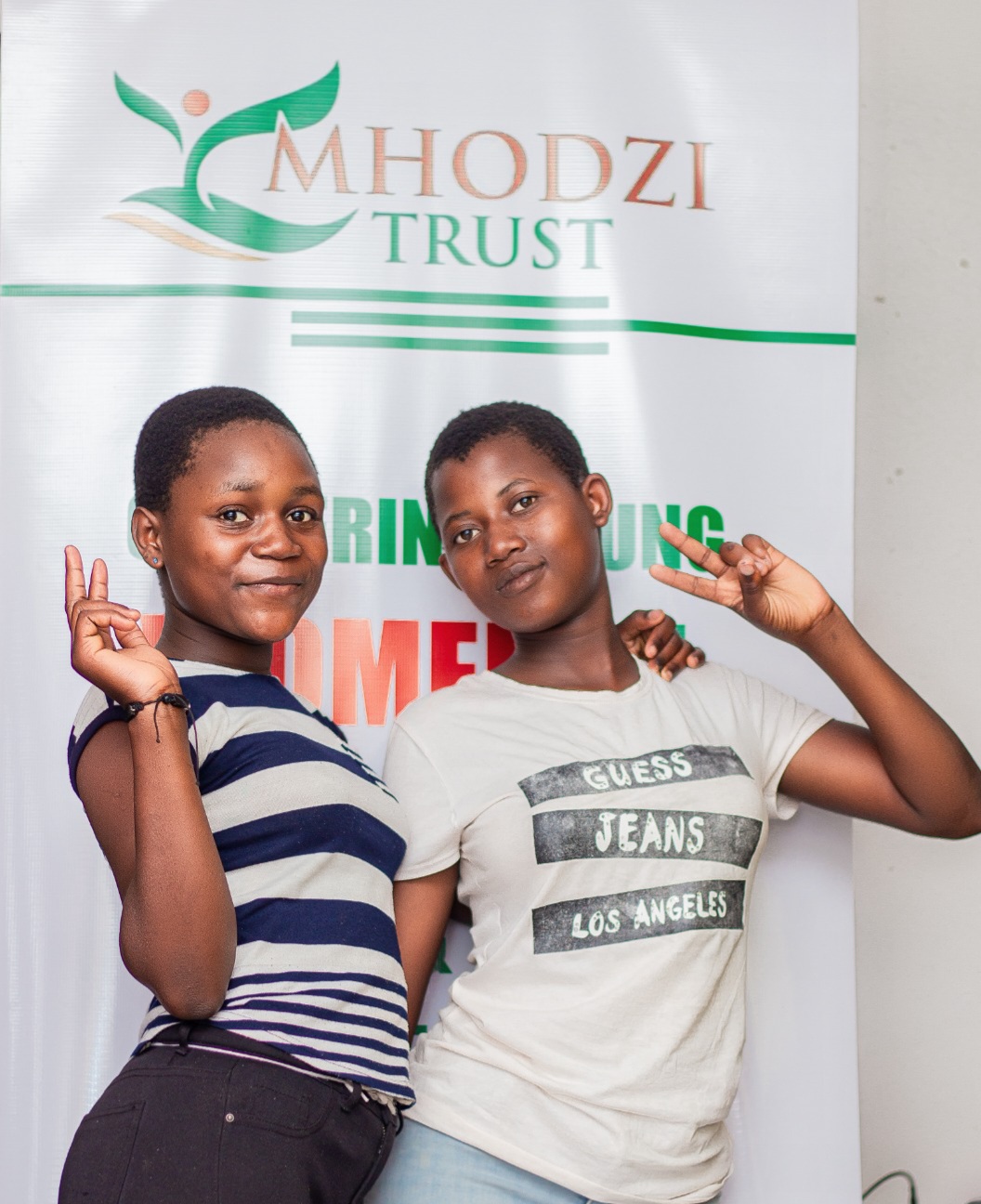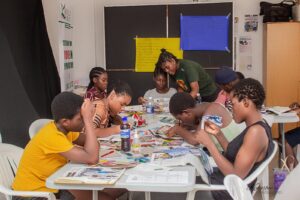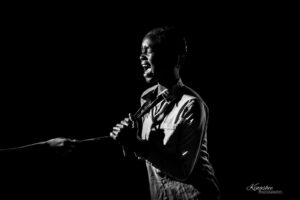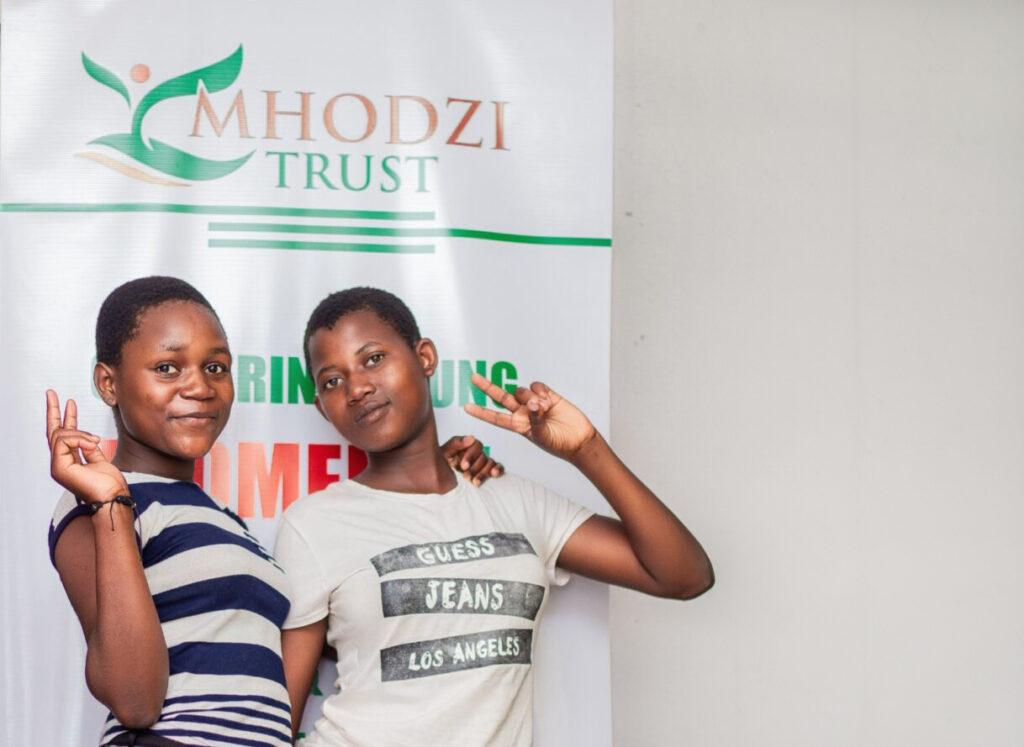
Mhodzi Trust welcomes the COP28 decision to operationalise the Loss and Damage Fund, an important step towards climate justice. For the fund to ‘match the cost of loss and damage’, more wealthy nations and polluters need to step up, take responsibility and commit substantial resources.
The cost of loss and damage is estimated to surpass $400 billion annually in developing countries by one study hence the urgent need for sustained efforts. As citizens from developing countries, who bear the brunt of the climate crisis despite contributing the least, we should resist false solutions and commodification of the climate crisis. Solutions must be grounded in justice, equity, and the empowerment of those most affected.
The fund should directly alleviate the acute suffering of communities who are facing the loss and damage without additional burden. These communities are already burdened by the unsustainable and excessive levels of debt and tax abuses which have severely crippled their countries’ ability to address the crisis.
As an African feminist organization working with and for young womn and girls in informal and rural settings, the call for feminist and climate finance is central to our collective voice. We shall continue advocating for the recognition and valuation of young womn and girls innovation, voices and leadership in climate financing as they are disproportionately affected by the climate crisis.
While negotiations are taking place at COP28 on loss and damage amongst other things, we should not forget the climate crisis, Gender Based Violence (GBV) and HIV/AIDS nexus. Our definition of loss and damage goes beyond the traditional norms, recognising the broader intersectionality with GBV and HIV/AIDS. These are inherent components of the climate crisis narrative.
As we mark 16 days of Activism against GBV and World Aids Day, we also call for the necessity of climate investments that are intersectional, bottom up and marginalized people-centered. Womn and girls in informal and rural settings are mostly affected by GBV and HIV/AIDS. They are also the first responders and adapters of climate change and yet their indigenous knowledge and solutions are too often overlooked.
The decision-making processes and discourse on loss and damage must represent and incorporate their different lived realities. Amplifying their voices becomes not just a mere ticking the box exercise, but a necessity for fostering innovation, resilience, and a sustainable feminist future amidst the looming climate crisis.
As Mhodzi Trust, we are dedicated to documenting the intersectionality of Climate Justice and Sexual and Reproductive Justice and co-creating with young womn and girls what good truly means in those areas.
Join us in making this a reality

